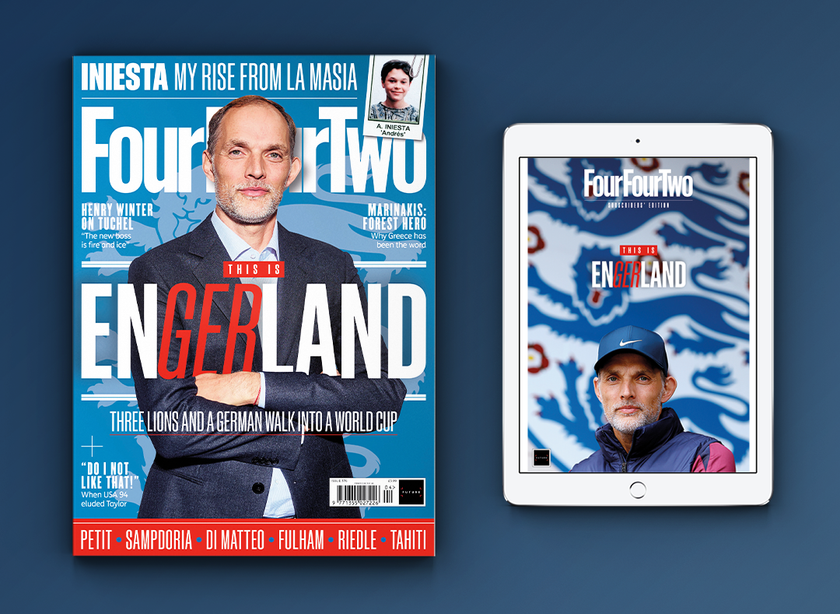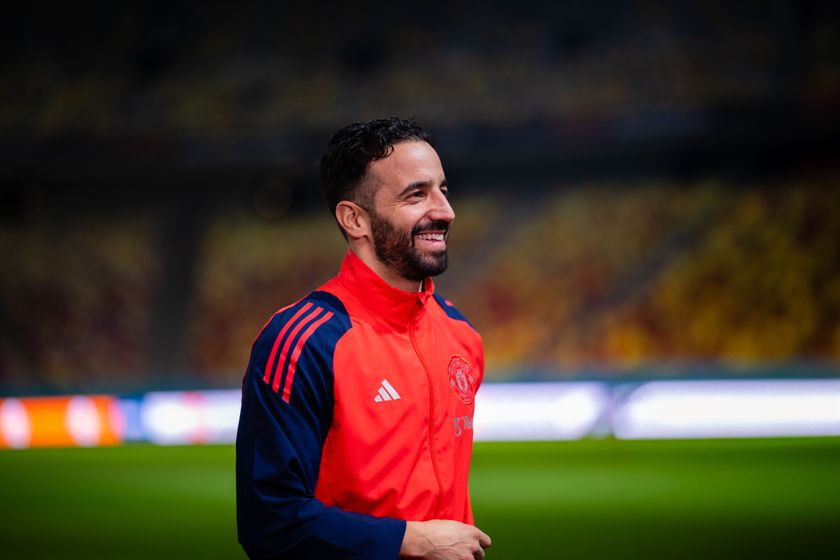ACoN Diary 8: An emotional end to a memorable tournament
There were two options. Well, three, but we didn't really want to shell out for yet another flight.
We could go east to Mongomo, stay the night there, cross the border first thing in the morning and then try to find a car or bus in Oyem to take us the remaining eight hours to Libreville. Or we could head south to Cogo, find a pirogue [a small boat] to take us across the estuary, and then try to find a car on the other side to Libreville. The second way was quicker, but the first way sounded like a more interesting journey â heading inland, rather than sticking to the coast, as most people in Equatorial Guinea do.
We reached our decision over lunch in the French Cultural Institute, but really it had been made earlier than morning as we changed money with a Lebanese trader on the sea-front in Bata. We'd asked if he knew any drivers who might have the relevant papers to take us all the way to the Gabonese capital.
He didn't, but as we discussed possible routes, somebody else in the shop piped up. He'd always go by Mongomo, he said, because his mother had died two years earlier when the pirogue she'd been travelling in had capsized. "Be careful of drunken boatmen," he warned.
So we headed east, through the jungle and the hills to Mongomo. Four times we crossed police checkpoints, but at each one a cursory chat about the football was enough to get through. Those who've spent time in Equatorial Guinea previously stress this is a major change of approach; that until recently, the police here were extremely aggressive.
Mongomo itself is extraordinary. It's the home town of Obiang Nguema, the president who seized power in 1979, which may explain why it features a huge modern floodlit basilica and a strange Italian-style central piazza in which a bell-tower is lit by ever-changing coloured lights. We stayed in what was by far the nicest African hotel I've been to: a five-star sprawl with a swimming pool and Spanish colonial architecture.
We went to the border early the next morning. Problem. You may remember from my last entry that I'd raced across the airport at Malabo to catch my connection; it turns out that by doing so I hadn't been registered properly by immigration. "We have a lot of problems with foreigners coming through the bush," the border guard said.
Get FourFourTwo Newsletter
The best features, fun and footballing quizzes, straight to your inbox every week.
"Really? English foreigners?" asked the photographer I was travelling with. "And if he knew a way through the bush, why would he be here now?" For once, logic won out, and with the production of my boarding cards I was through.
We got a lift in the back of a pick-up on to Oyem, and found a driver there to take us on the final nine hours through the jungle-clad foothills of the central massif to Libreville. That relieved trip on the pick-up, through stunning countryside, was probably the most memorable part of the whole tournament.
Or at least, that was how it seemed at the time. But nobody who was at that final, nobody who felt the charge when Stopila Sunzu slammed in the winning penalty in the final, will ever forget it. Football doesn't give out sentimental favours; Zambia earned their success with dedication and discipline. But that didn't lessen the emotion of it.
Jonathan Fadugba: Zambia's remarkable journey makes them winners regardless
Most Popular




